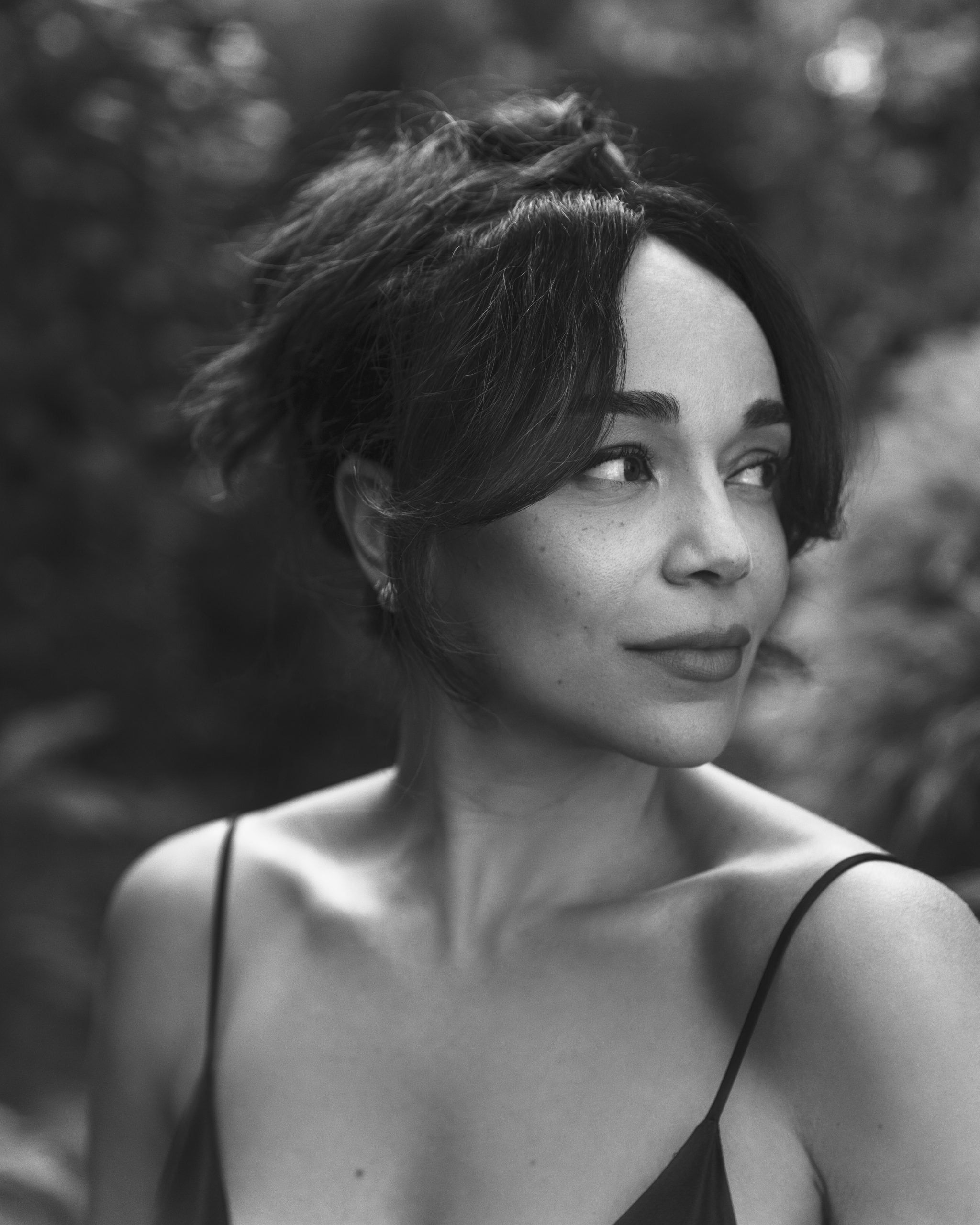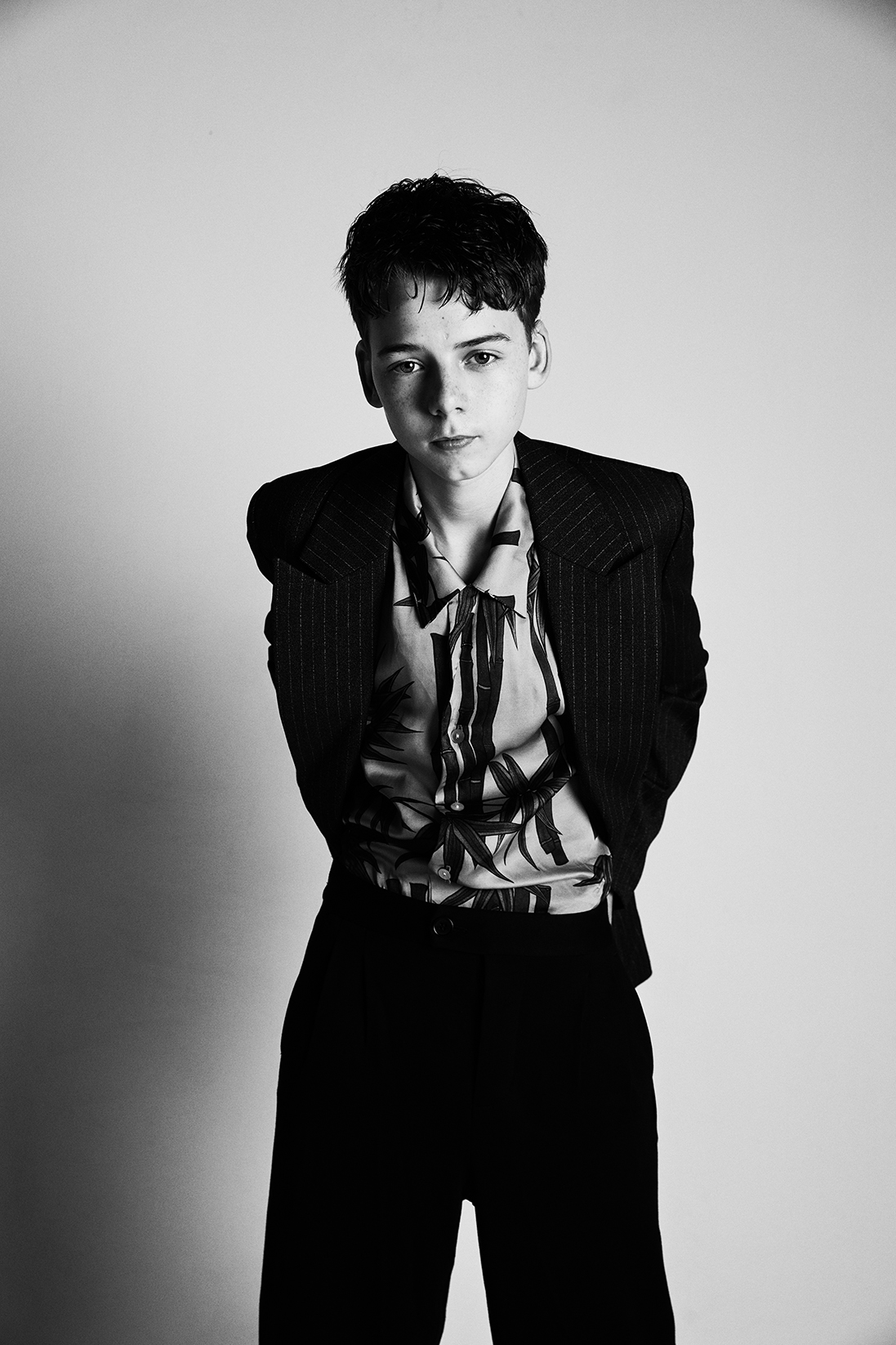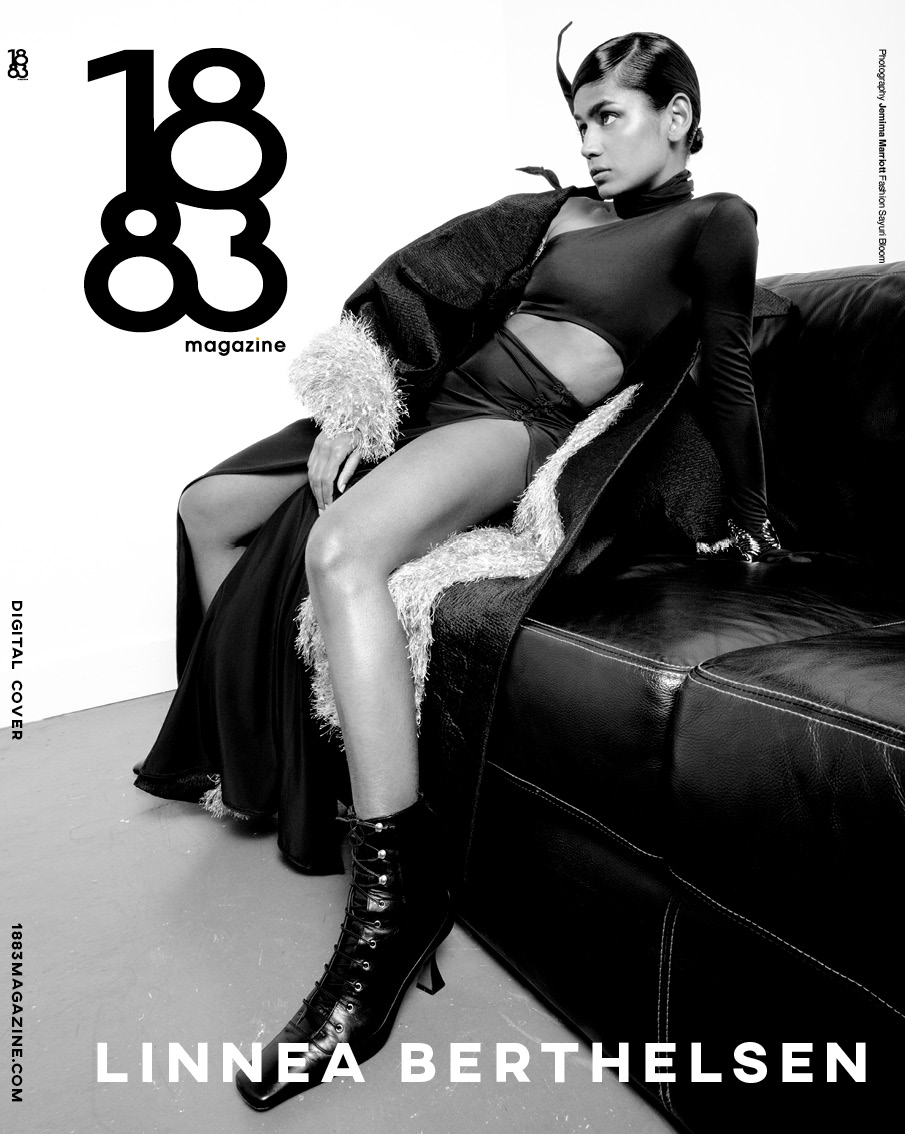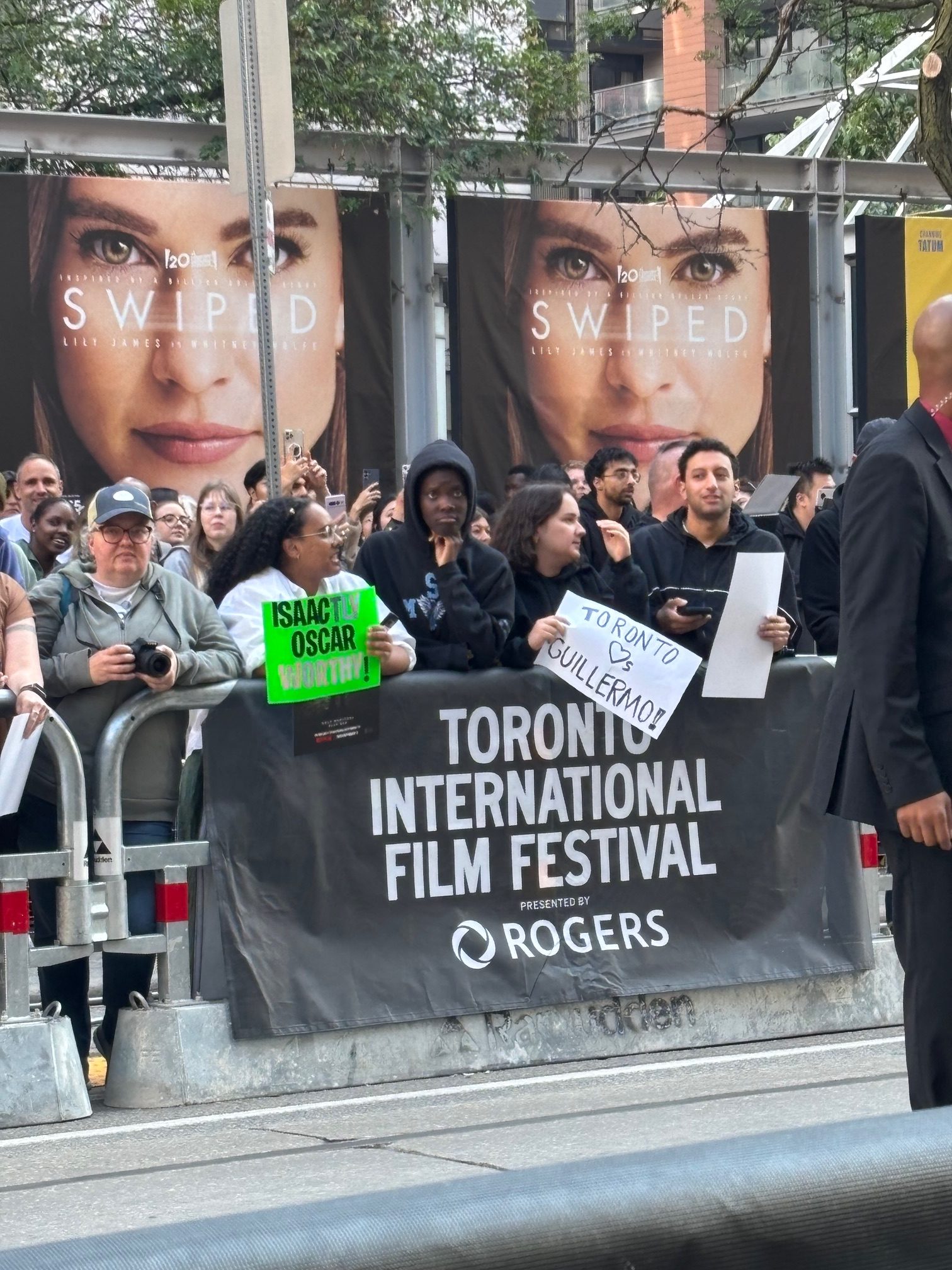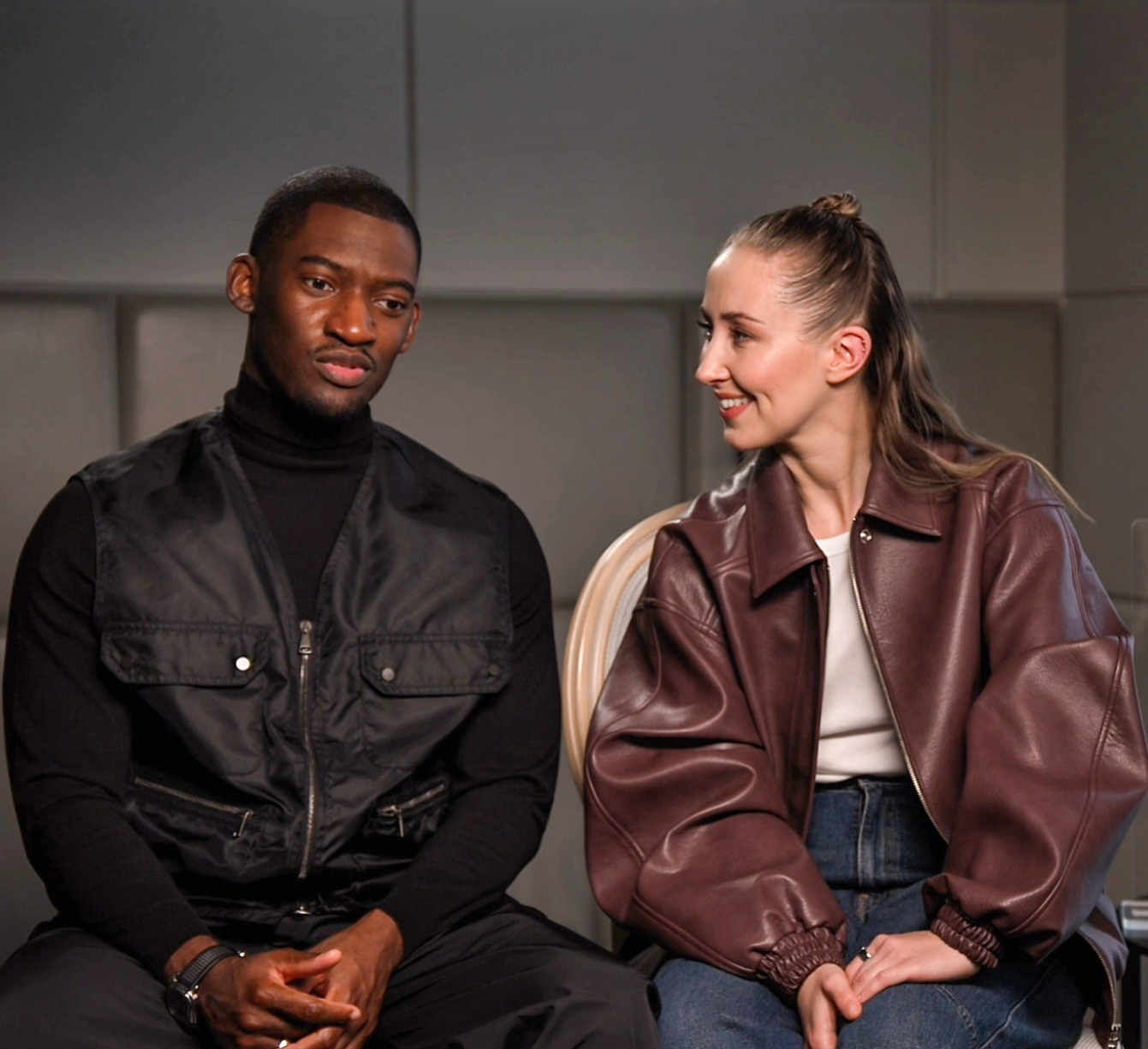Ashley Madekwe made a UK household name for herself by starring alongside Billie Piper in Secret Diary of a Call Girl before jetting stateside. In Hollywood, Madekwe was in everyone’s living rooms, with her roles in the highly popular TV dramas Revenge and Salem. But her acting chops have taken her beyond the slightly hammy, always-entertaining world of commercial late-night TV. For her starring role in 2019’s County Lines, Madekewe was nominated for a Bafta. She went on to star in Netflix’s film The Strays. Since then, she’s kept her sights on the kinds of roles that fulfil her, like Dr Ana Lasbrey in Dr Death season 2, which follows the true story of disgraced Italian surgeon Paolo Macchiarini, whose experimental work on human tracheae landed him a prison sentence.
1883 Magazine chats with Ashley Madekwe about Dr. Death, feeling seen as an actress through authentic roles, and more.
Your character starts in the camp of enablers but undergoes this transformation to become one of his biggest detractors. What is your process for balancing that journey as you’re filming?
We were lucky in this scenario that we shot this season in two halves. I was able to split Ana’s journey into two halves and the first half is almost entirely her believing completely in Paolo. So it was easy to contain that in the first half. Then, the second half of the season, it’s almost like a gradual awakening for her.
That’s the most exciting thing about any character. You want the character to go on a journey. It’s so boring if your character is just one thing. I’m always looking for characters that have shades of grey and you get to travel through their own experience in a story
Having had such critical success with County Lines, did that give you any specific goals for the trajectory of your career?
I try not to plan it out too much because you know what they say ‘You make plans and god laughs’. I have wants and desires. I’m really particular about making sure that I play characters who have agency. I spent a lot of my career playing characters who were there to prop up or explain or bolster the main storyline. There is definitely a place for that and I’m not above that. But I know that I spent a long time playing that. I think often that can be the case for actors of ethnic minority groups.
I try to look for characters that have their own agency. That’s what excites me. It doesn’t need to be the lead role. I just want the character to have something of their own, some sort of journey that they’re going to go on. I’ve been really blessed in the characters that I’ve played since County Lines, like playing Neve in The Strays was a gift. I always want complex characters and she could not have been more complex. The experience of working on a collaborative set; I really wanted that and I definitely got that on The Strays and I definitely got that on Dr Death. So more of the same.
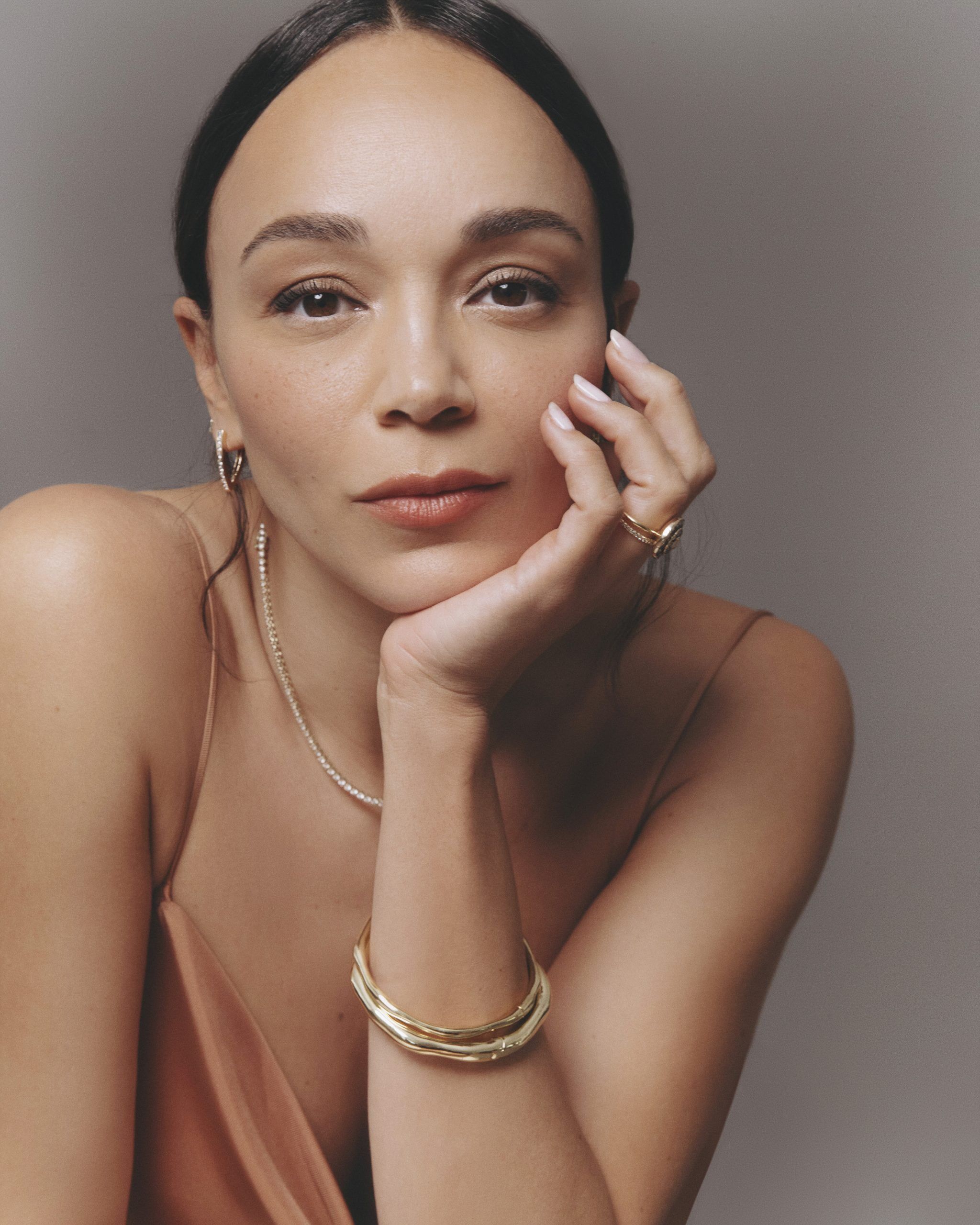
In terms of Dr. Death, were there any challenges filming you weren’t expecting?
I really had no complaints. I think [filming in two halves] worked out for the best for me. I was pregnant filming, and it couldn’t have been a more welcoming set for that. It felt like a really safe space to be pregnant and working.
Have you seen any changes on set in a way that is more accommodating to things like that throughout your career?
I can only speak to my perspective as an actor and I think that we, as actors, are in an incredibly privileged position. It’s a very different thing when I come to work and I say that I’m pregnant to if a member of the crew comes to work and says they’re pregnant, unfortunately. I don’t know how accommodating it is for crew members, because I mean, it’s a very physically demanding job. In any department, there’s a lot of being on your feet. All day long.
For the actors, they were mindful of that for me, but I don’t know how mindful they would be for anyone else. I’d like to think they would be mindful. I’d certainly advocate for them to be, but I don’t know. I don’t think I’ve ever been on a film set where anybody other than the actress has been pregnant. I bet that those people didn’t feel that they had the privilege of being able to tell people that.
That celebrity privilege element is a double-edged sword in a way – because you don’t have that level of privacy or choice in sharing. You know, I was able to look up online when you had a child. That must also feel quite invasive to a certain degree.
Yeah, it’s funny, it does. I was really protective over my pregnancy. I didn’t tell anybody early on, for fear of being treated differently on set, for fear of being labelled as being difficult on set. These are fears that are completely unfounded because they couldn’t have been more lovely about it. There is a weird invasiveness about it. I didn’t know that I would be as private as I am with [my child]. I haven’t publicly shared his name. I don’t share pictures of his face. I just I feel very protective of him in a way that surprised me.
What’s it like being in Los Angeles, versus London where maybe you might be recognised more often?
Nobody gives a shit in Los Angeles. It’s lovely. I mean, there’s a chance of seeing Angelina Jolie, so why would anybody care about seeing Ashley Madekwe!
How does having a British accent in LA impact the roles you’re getting?
Very often a role will be American and they’ll say ‘Oh, would you think about doing it British?’ and I will. I’m happy to do it in a British accent, and equally happy to play an American. I love doing accents.
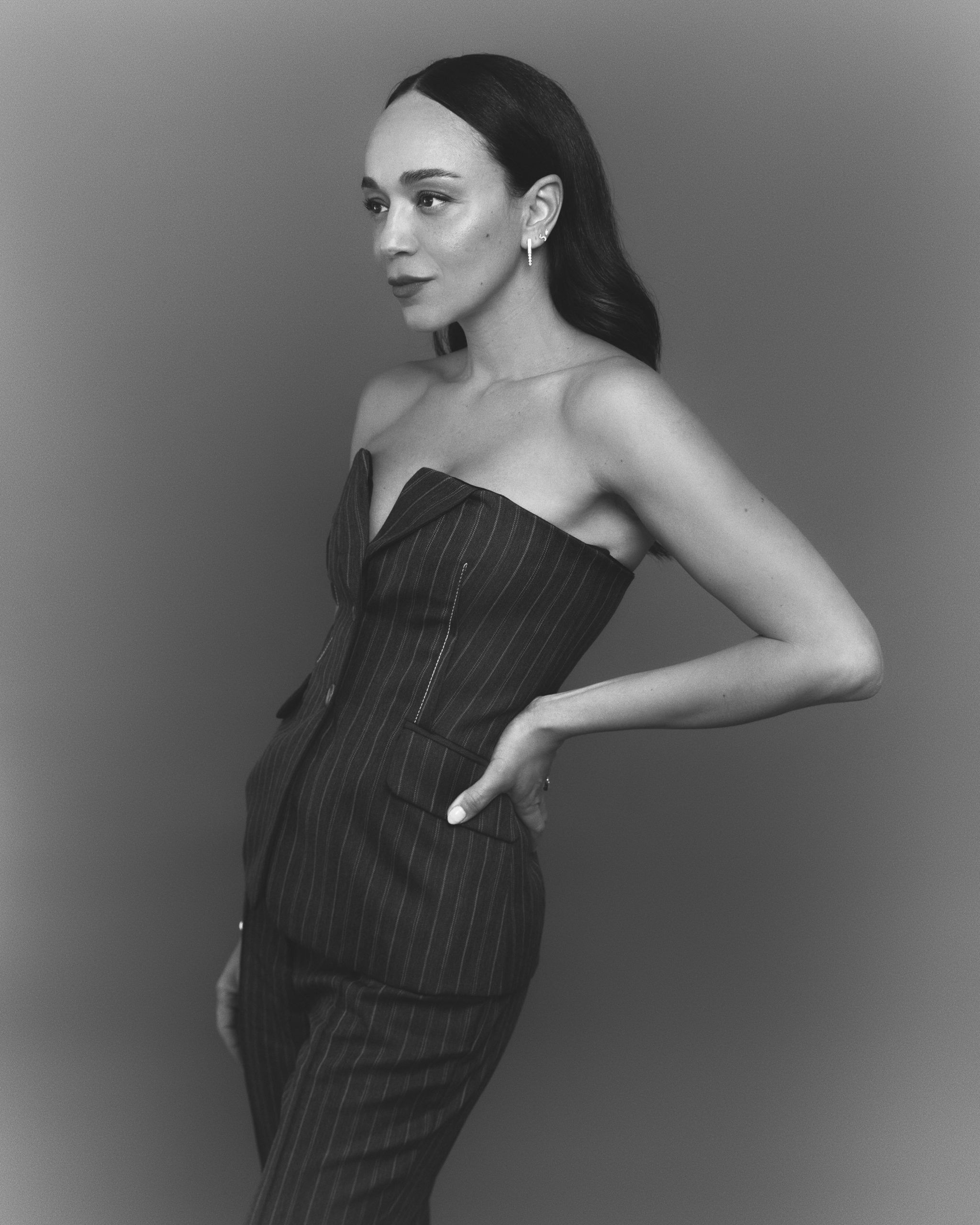
If someone approached you with a character that didn’t have a specified accent, and they said, ‘Did you want to play a British?’ Is there a point where you would say, ‘Well, no, I think the character shouldn’t be American’?
I think you have to find the voice, don’t you? So sometimes my natural speaking voice doesn’t sound right to me as the character, it doesn’t ring true. So I would always just try and find the voice that sounds the most correct for the role. Finding the voice is as important as finding what the character visually looks like, as finding the costume.
What was it like being in costume for Dr Ana?
I had some anxiety in my first fitting because I was aware that I was pregnant. But [costume designer Karla Santos] was great in creating a version of Ana that had this buttoned-up vibe. Then we see Ana kind of fall apart a little bit, even visually, as the season goes on. I loved wearing the scrubs. Acting is all about playing make-believe and being in the scrubs and the mask and the latex gloves went such a long way to fleshing out the whole fantasy.
Has there been a moment in your career where you felt like, ‘Oh, yeah I’ve made it. I am visible for doing the work I want to be doing.’
It’s funny because when I was on Revenge, which is a very commercial TV show, and I probably was more visible and more in the public eye, I had less of an ability to be discerning about the roles that I was taking. It was only after kind of shifting away from being so public or attending as many events, being, you know, a “celebrity actor”… I think when I moved away from that, I was able to be a little more discerning because I think there’s a danger sometimes of being very visible.
People think that they know you, they have all these opinions about you, and then you kind of get pigeonholed into what people will accept you playing, or what roles people want to see you for. I used to run a fashion blog, which I loved. It was a time when actors didn’t really do that. I had to stop doing it, I realised, because it showed a little bit too much of myself, and then people couldn’t see me as anything else. They thought I was — this makes me sound like a dick but… people thought I was really glamorous. I’m not! I’m not that glamorous. I’m closer to Toni in County Lines and I am to Ashley Davenport in Revenge.
Have you seen a shift in the industry away from being typecast by things like age, gender, ethnicity, and class?
I don’t know how much of it is an industry shift or how much of it is just a shift within me and the people that represent me in the acting world. I have an incredible team. In particular, two women who’ve been with me for a really long time: my agent Kate Bryden and manager Christina Gualazzi. They both are really aware of the things I want to do. I know that they are saying ‘That’s a really interesting role’ and fighting to get people to see me in that light. They’re fighting to colour outside of the lines of what my ethnicity is and what my age group is. All. The. Time. I think that that’s what it takes. People doing that — constantly re-educating people in the industry about what you can do and who you can play.
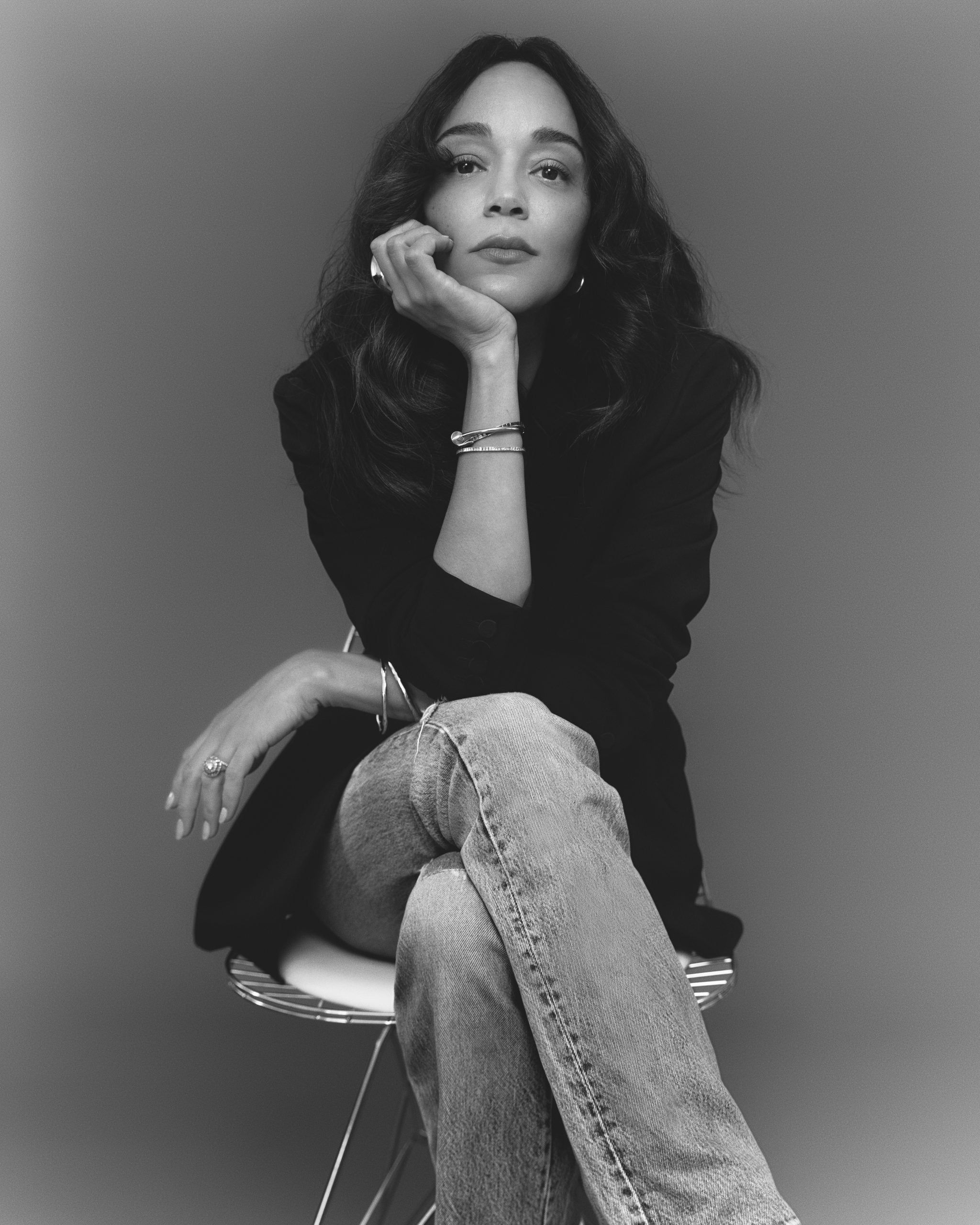
Dr. Death is out now on Peacock.
Interview Gabriella Geisinger
Photography Elias Tahan

